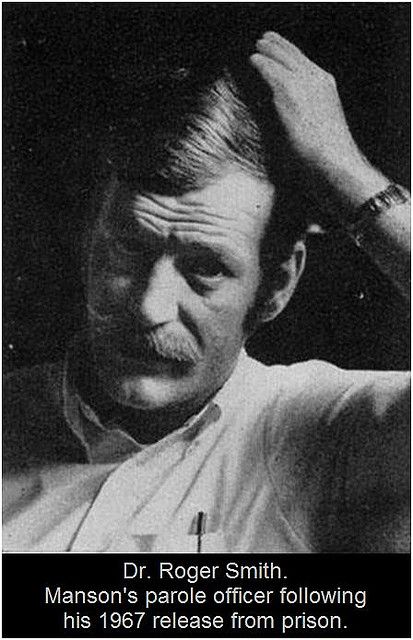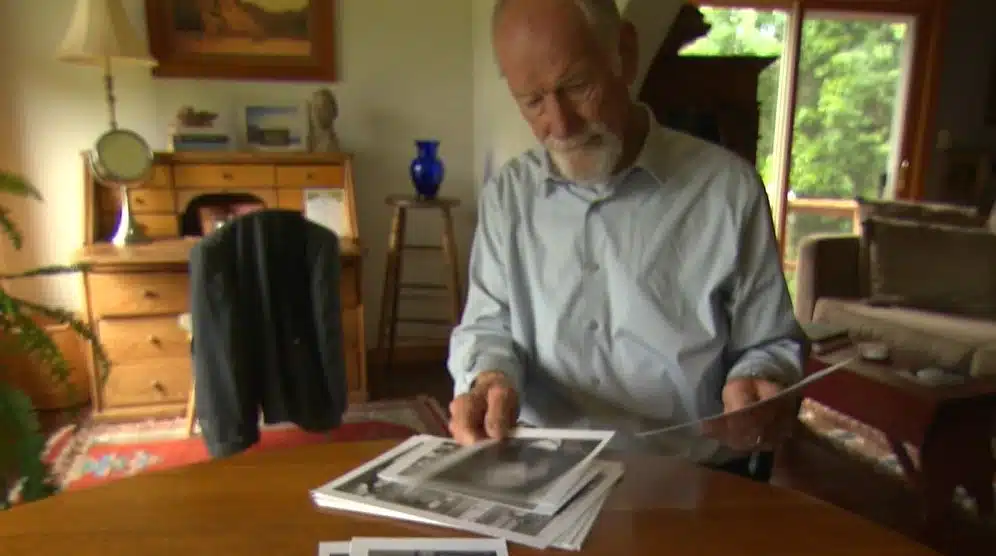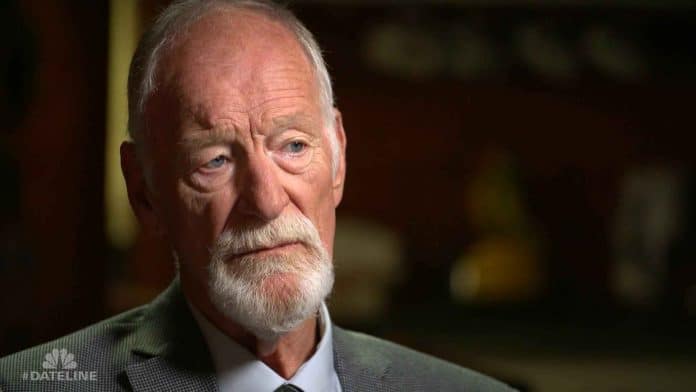Where is Charles Manson’s Parole Officer Roger Smith Now? – NBC Dateline The gruesome killings carried out by Charles Manson’s followers at 10050 Cielo Drive on August 8, 1969, will be covered in the upcoming show “The Summer of Manson.” The murder of actress Sharon Tate and other house residents that shocked the world will be included in the episode.
Manson was a criminal conspirator in addition to being a newborn musician, and his unsuccessful attempts to break into the Hollywood film industry contributed to his horrifying actions. His early traumatic experiences also influenced the years of the crime he committed.
Before the murders, Roger Smith, Charles’ parole officer, was interviewed on the programme. Now that we know more about him, read below to get all the information we have.
Must Read: How Did Ex-Manson Family Member Barbara Hoyt Die?

Who is Roger Smith?
Despite coming from a loving and devout family, Charles Manson disliked attending church early. According to the show, Charles also had a fixation with blades, stole items, and lied. He eventually served time in jail before being sent to a reform school. Charles’ parole officer was Roger Smith, and he oversaw his release at some point in 1967. In order to better understand how different caseloads impacted parole officers, Roger participated in an experimental programme for parole officers at the time.
Roger had 40 cases before he started, but by the end, he had only Charles. Tom O’Neill, who studied Charles and his life, said, “By 1967, Smith was regarded as an expert on gangs, collective behavior, violence, and drugs. Manson, his one and only parole supervisee, would go on to control the collective behavior of a gang through violence and drugs.”
Charles’ supporters rose in number over time, resulting in the nine killings that occurred in July and August 1969 at four distinct places.
“Charlie was the most hostile parolee I’ve ever come across. He was totally upfront about it. He told me right off there was no way he could keep the terms of his parole. He was headed back to the joint [prison], and there was no way out of it.” He added, “In a sense, I think Charlie was really sort of shaken by it all – by the fact that people were friendly, open, and willing to do things with him. The first night he was in the Haight, the chicks were willing to go to bed with him. They didn’t care whether he had just gotten out of the joint. That was a real shocker for him,” Roger said.

What Happened to Roger Smith and Where Is He Now?
Charles and some of his supporters ultimately received long prison terms for their roles in the brutal killings. Roger said about the parole system, “There are a lot of Charlies running around, believe me. He’s just one of several hundred thousand people who are released from prison after a shattering, soul-rending experience, not prepared for anything except to go back on the streets and do more of the same – but bigger.”
With an interest in criminology and the causes of crime, Roger was a doctoral candidate at the University of California, Berkeley, in the 1960s. He worked for numerous public and private organizations in Illinois and the San Francisco Bay Area for more than 16 years as a research director, probation officer, and social worker. Over the years, he has worked in several sex offenders-focused prison divisions. From 1979 to 1987, Roger served as the Oregon Department of Mental Health’s Director of the Correctional Treatment Program.
Roger worked for two years as a programme specialist for the US Department of Justice and the National Academy of Corrections in Boulder, Colorado. He served as the Department of Public Safety’s Director of Sex Offender Programs in Honolulu, Hawaii, from 1990 until 2002. Additionally, Roger served as the Bureau of Forensic Mental Health Services Director in Michigan for ten years.
The Retired Criminologist has been a consultant for forensic and correctional mental health issues since 2002. Roger, who currently resides in Redmond, Oregon, has worked in several places.














